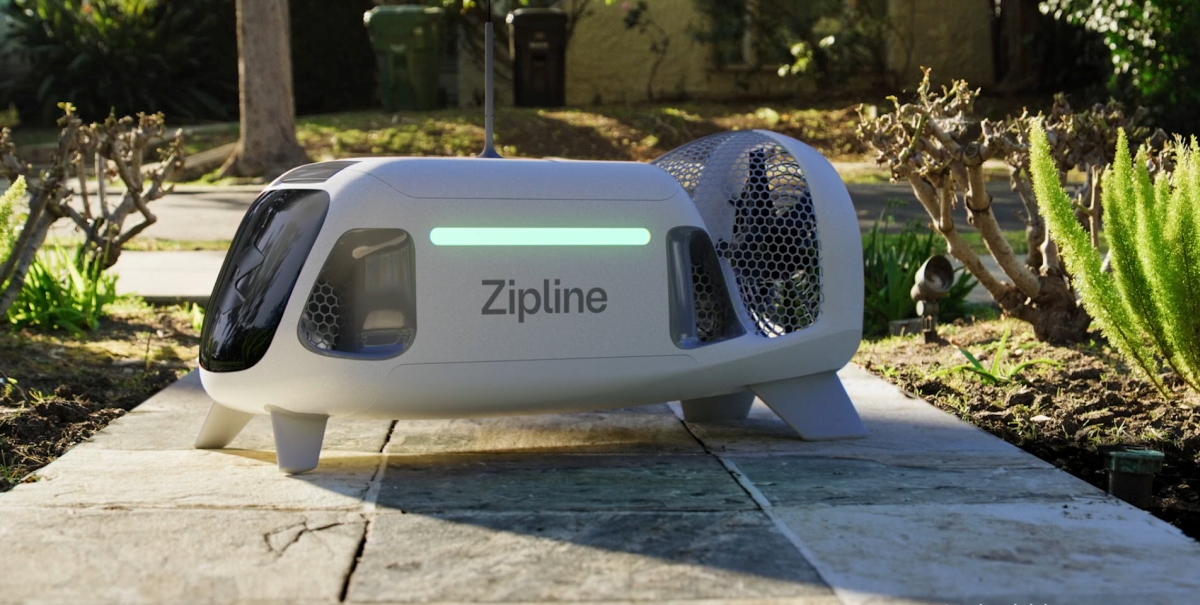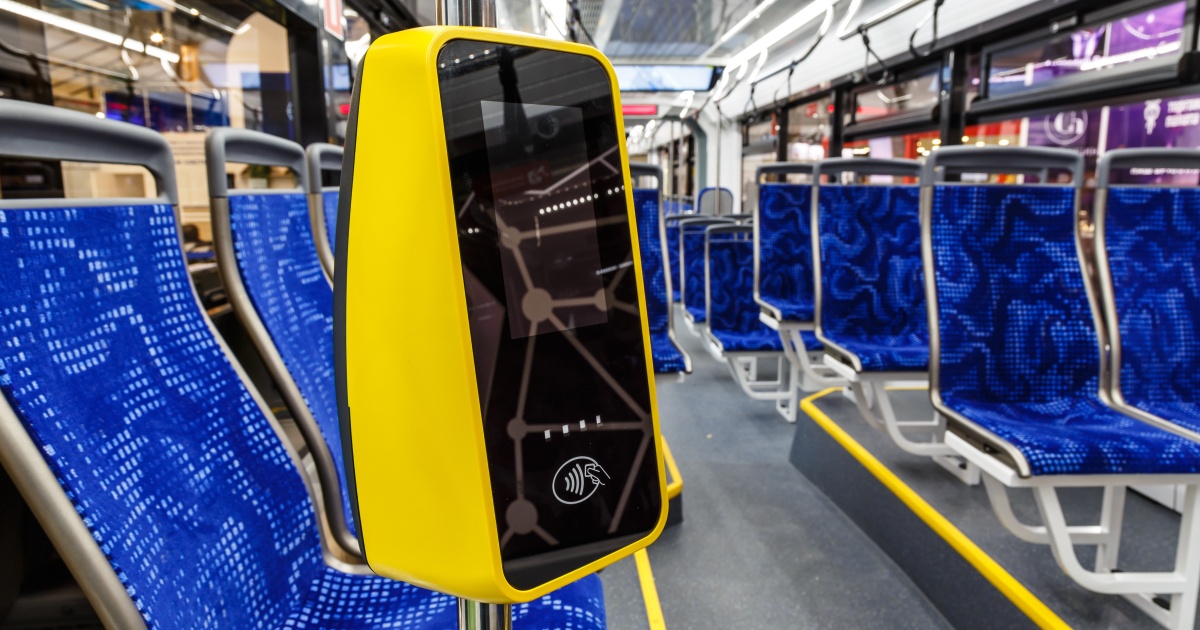
Every winter companies look for new ways to avoid the potential supply chain risks that lie ahead. While there are unexpected challenges like geopolitical issues, labor disputes and even terrorism, there are seemingly consistent challenges that can be prepared for such as weather and communications. While new technologies exist that make end-to-end supply chain visibility during winter easier, telecommunications outages remain the primary cause for supply chain disruption, according to 2019 BCI Supply Chain Resilience Report. This may mean the ability to track a pallet or individual package to monitoring the temperature of perishable items en route is just the start. The latest technology should be transforming manual supply chain processes to automated, intelligent supply chain ecosystems with integrated communications capabilities and insights that improve efficiencies, increase revenue and ensure consumer product safety.
To stay competitive and deliver top-notch service, companies must invest in and have supply chain technology that goes beyond tracking and monitoring to provide visibility that ensures products are secure, intact, on time, and safely handled across land, sea and air. During winter months, a myriad of factors can contribute to delivery delays, asset loss or misplacement, but most are completely avoidable. Lost shipments cost companies $4 billion dollars in one year and $50 billion annually across all cargo. Additionally, whether pharma or retail, shipping is in high demand during the winter months. Most companies must find alternative carriers to ship their goods since their typical shippers are capacity-constrained. When many companies are competing with the likes of Amazon and Google, avoidable supply chain errors are not acceptable. The delivery standard has changed forever.
Cold-Chain Monitoring
Industry standards and regulation play a major role in cold chain management. Whether pharmaceuticals, florals or food, the disruption or mishandling of cold chain cargo is a costly one. According to IQVIA Institute for Human Data Science, failures in temperature logistics costs the pharma industry $35 billion annually. The implications of changing temperature, such as a medicine exceeding its “safe range” by just a few degrees or a delayed cold chain cargo, could make an entire shipment of drugs dangerous upon arrival. What was once a usable product, ready to be distributed and sold, is now considered unsafe for distribution and consumption.
The latest cold chain technologies monitor temperature, humidity, light, shock and movement, as well as the duration of a disruption that can increase risk of theft. During winter travel, mother nature can have her own agenda and interfere with the delivery of a cold chain shipment and without proper insights and data, millions of dollars could be at stake. Reliable technology in remote places could be the difference between a usable shipment and an unsafe shipment with potentially significant loss in revenue.
Smart Pallets
In this age of one-day delivery, the supply chain performance is under the microscope. Knowing where your cargo is and when it will arrive is crucial as more suppliers are experimenting with and pursuing faster delivery schedules. Much of the logistics industry has focused on RFID and barcodes for pallet tracking, but Bluetooth-enabled tags monitor for compliance, handling, and environmental changes, and can more effectively inform decisions based on real-time supply chain insights than the former approach.
RFID pallet tracking can be costly and unreliable scans due to interference issues with metal objects or liquids can create further complications and errors. In addition, RFID tags are commonly known to scan items multiple times or have trouble catching all the items on a pallet. Technology should ideally reduce manual intervention, but this type of pallet tracking requires additional oversight and participation. The new advanced smart pallets include Bluetooth-enabled technology and sensor tags for cold-chain and location tracking. On-demand data and customized alerts help ensure that the shipment remains within regulatory compliance and that supply chain governance is maintained. However, integration with a telematics system is key in order to ensure secure and efficient tracking of shipments.
The Supply Chain Ecosystem
Managing supply chain fleets and third party providers can seem daunting at first, but with the right telematics devices, software and cloud technology, all partners within the supply chain ecosystem can work together and share proper insights, alerts, and real-time visibility into the journey.
Having intelligence on the edge during a crisis is crucial to ensuring data is gathered efficiently. Telematics serves as the winter supply chain umbrella. The software and cloud technology is integrated with all of the devices and connectivity to safely get your shipments from one place to the other. Described as the digital supply chain “control tower”, a telematics platform provides the necessary device, application and data delivery mechanism to manage cold-chain shipments, pallets and assets, vehicles, drivers, suppliers, and all parties involved for operations to run smoothly.
2020 is here and all manufacturers, shipping providers and retailers involved in the supply chain process should be connected, proactive and invest in quality technology that creates a reliable system of visibility and accountability.
Edited by
Ken Briodagh





